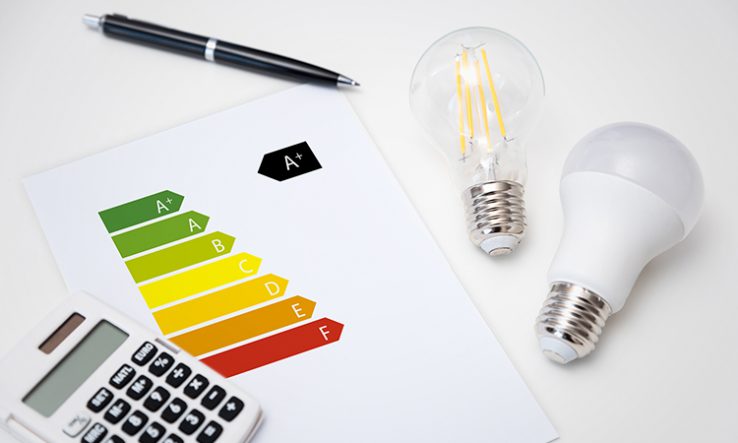
Standards and guidance can help universities cut emissions and save money, says Martin Farley
In the UK, the education sector needed little encouragement to get on board with the government’s goal of cutting carbon emissions to net zero by 2050. Many UK universities have been working hard to meet earlier targets.Science and research, however, are only beginning to quantify their carbon emissions, let alone work to mitigate them.
Studies suggest that, if universities are to achieve net-zero, science is the elephant in the room. One calculated that in 2014, 2 per cent of the world’s plastic waste came from laboratories. University College London’s sustainability report for 2019-20 found that about half of all its emissions came from labs, and that 83 per cent of the institution’s overall carbon footprint stemmed from purchasing.
Science labs can be complicated environments, and it isn’t always obvious how to improve their sustainability. Scientists and support staff are already incredibly busy, and asking them each to identify sustainability measures is unrealistic.
What’s needed are standards and guidance for the whole sector. When the UK wanted to improve health and safety at universities, it didn’t let each institution write its own rules, it created standards. The same goes for gender equality in science, where the Athena Swan programme has provided standards and guidance.
This is exactly what’s needed to make scientific research sustainable. UCL’s Laboratory Efficiency Assessment Framework is an attempt to do just this, providing a framework to help those working in laboratories take immediate action.
Leaf was piloted in 23 institutions around the UK and Ireland in 2018-20 and is now being rolled out internationally. It gives researchers and technical staff guidance and targeted actions to reduce the impacts of their lab. This might mean, for example, running ultra-low temperature freezers—each of which can consume more energy than the average UK household—as efficiently as possible, or sending less clinical waste for incineration.
Leaf is divided into Bronze, Silver and Gold levels, with guidance to support users. Such guidance is key, as labs may find it challenging to know how to reduce consumption of single-use plastics, for example.
One challenge is a lack of life-cycle assessments on products. Without knowing the impact on carbon emissions, researchers are left guessing the effects of their actions and best course to take.
Many—encouraged by companies’ marketing—will assume that the greatest wins come from buying new, more efficient equipment. However, factoring in the carbon emissions produced in manufacturing shows that using kit until the end of its life is usually more sustainable than constant replacements, even if newer models are more efficient.
Such insights are why many participants in the Leaf pilot have saved money—averaging £3,600 (€4,200) per lab over the two-year pilot—as well as carbon emissions. Leaf provides calculators for estimating both the financial and carbon savings of steps towards sustainability.
Growing output
Leaf links research quality and environmental sustainability. Many areas of science face a growing challenge around the publication of methods, sharing of data and reproducibility of results.
At the same time, science shows no signs of slowing its growth. A 2014 study estimated that research output increases by 8-9 per cent per year, equating to a doubling time of just nine years.
As science becomes increasingly resource-intensive, data production represents an investment of resources, and irreproducible data can represent a waste of those resources. For this reason, Leaf contains criteria for research quality and reproducibility, with support from the UK Reproducibility Network.
As industry and individuals slowly unite to strive towards emerging net-zero targets, specialist fields such as laboratory research will be challenging to address. But we have to if we’re going to get to where we need to be—and UK universities stand to save up to £50 million each year by doing so.
Recovering from Covid-19 has been extremely challenging, but it has also brought lessons in sustainability. Conferences that used to push thousands of researchers globally to fly are now available online, saving thousands of tonnes of carbon dioxide emissions. Shortages have forced many laboratories to reconsider their consumption of single-use materials and driven new methods to reuse locally.
If you work in a laboratory and recycle at home, but haven’t thought about the impacts of your work, now is the time to do so. Contact Sustainable UCL and learn how your institution can enrol in the Leaf programme.
Martin Farley is the sustainable lab advisor at University College London
This article also appeared in Research Europe